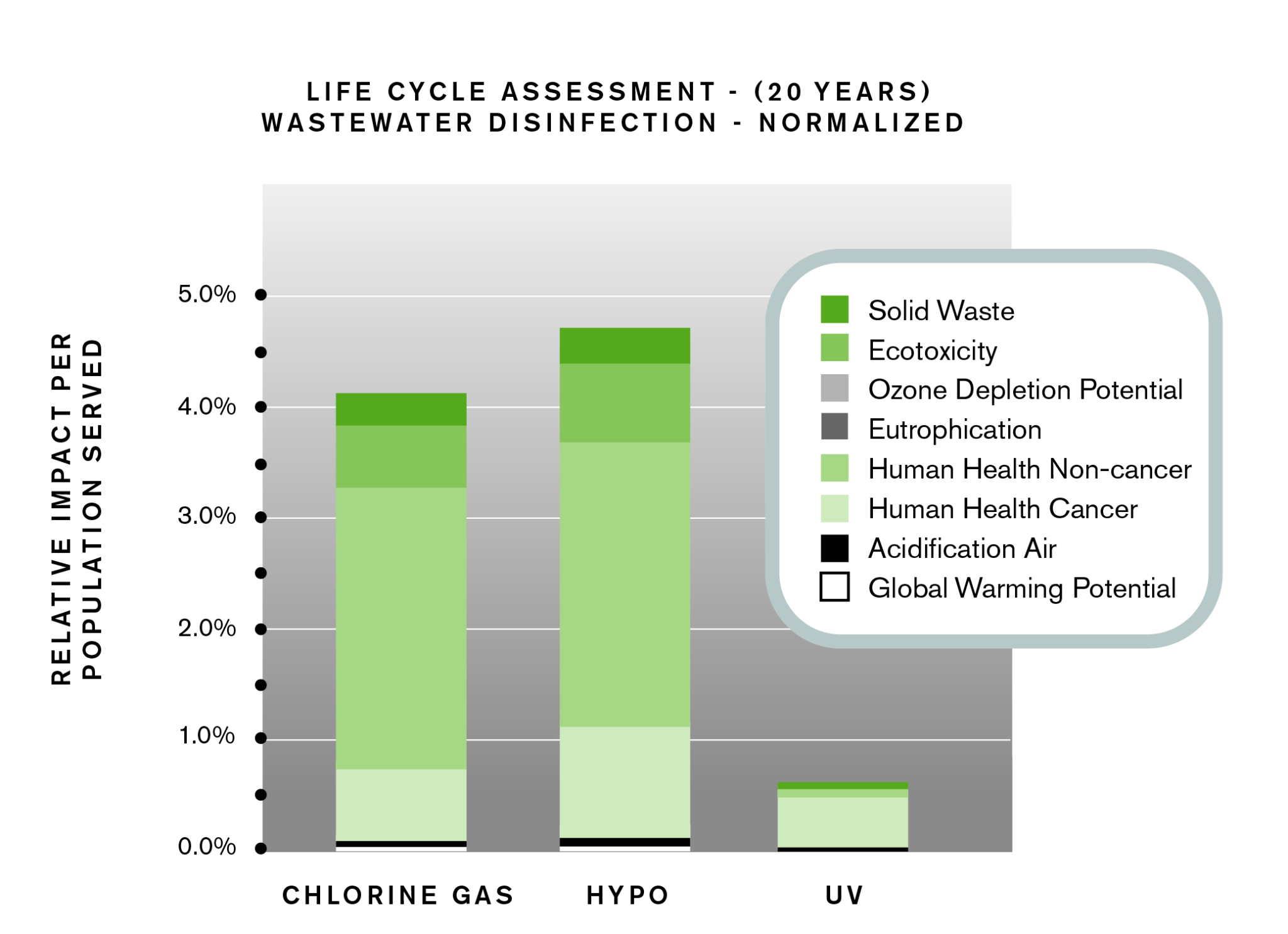Uv disinfection and chlorine are two of the most common methods used to disinfect water. As water is an essential part of our lives, it is important to ensure that it is safe to drink, swim in, and use for other activities. There are a variety of methods to disinfect water, but Uv disinfection and chlorine are the two most popular methods.
This article will compare and contrast Uv disinfection and chlorine to help readers understand the pros and cons of each and decide which method is best for their needs. We will discuss the differences in cost, effectiveness, safety, and environmental considerations for each. Ultimately, this article will help readers make an informed decision about the best method for their water disinfection needs.

Uv Disinfection Vs Chlorine
UV disinfection and chlorine are two of the most common water disinfection methods used to keep water clean and safe for human consumption. Both have advantages and disadvantages, so it is important to understand the differences between the two before deciding which one is best for your needs.
UV Disinfection
UV disinfection is a water disinfection method that uses ultraviolet light to kill microorganisms in water. UV light has the ability to penetrate and disrupt the DNA of microorganisms, rendering them unable to reproduce and survive. This method of water disinfection is effective at removing bacteria, viruses, and other harmful microorganisms from water. The main advantage of UV disinfection is that it is a chemical-free process that is easy to use and maintain. Additionally, it does not produce any by-products or contaminants, making it a safe and reliable option for water disinfection.
The main disadvantage of UV disinfection is that it is not effective at removing particulates such as sediment and dirt. Additionally, UV light can be expensive to operate and maintain, and it is not as effective at killing certain types of microorganisms as other methods such as chlorine.
Chlorine
Chlorine is a chemical disinfectant that is commonly used to treat water. Chlorine is effective at killing bacteria and viruses, as well as other microorganisms. The primary advantage of chlorine is that it is inexpensive and easy to use. Additionally, it is capable of killing a wide range of microorganisms and is effective at removing particulates from water.
The main disadvantage of chlorine is that it can produce by-products and contaminants that can be harmful to humans and the environment. Additionally, chlorine can be corrosive, which can damage pipes and other components of the water system. Chlorine is also not effective at killing certain types of microorganisms.
Frequently Asked Questions: Uv Disinfection Vs Chlorine?
Two popular methods of water disinfection are UV disinfection and chlorine disinfection. Both methods have advantages and disadvantages, and choosing which one to use depends on the application. This article provides an overview of the differences between UV and chlorine disinfection.
What is the difference between UV and chlorine disinfection?
UV disinfection uses ultraviolet light to kill bacteria, viruses, and other microorganisms in water. Chlorine disinfection, on the other hand, uses chlorine to disinfect the water. Chlorine is a much stronger disinfectant than UV light, and is often used in municipal water systems. While UV disinfection does not leave a residual in the water, chlorine does, which can be beneficial in certain applications. Chlorine is also better at killing a wider range of bacteria, including some that are resistant to UV light.
What are the advantages and disadvantages of UV disinfection?
The main advantage of UV disinfection is that it does not leave a residual in the water, which is beneficial in certain applications. UV is also better at killing certain types of bacteria, including some that are resistant to chlorine. On the downside, UV disinfection is not as effective as chlorine at killing a wide range of bacteria, and it requires a higher intensity of light to be effective.
What are the advantages and disadvantages of chlorine disinfection?
The main advantage of chlorine disinfection is that it is more effective at killing a wide range of bacteria, including some that are resistant to UV light. It also leaves a residual in the water, which can be beneficial in certain applications. On the downside, chlorine is a much stronger disinfectant than UV light, and can be toxic if not handled properly.
What types of water should be disinfected with UV light?
UV light is best suited for disinfecting water that is relatively free of sediment, as sediment can block the UV light and reduce its effectiveness. UV disinfection is also best suited for applications where a residual in the water is not desired.
What types of water should be disinfected with chlorine?
Chlorine is best suited for disinfecting water that contains a high level of sediment, as the sediment does not block the chlorine. Chlorine is also the better choice for applications where a residual in the water is desired, as it will leave a residual in the water.

In conclusion, UV disinfection and chlorine are both effective water disinfection techniques that have their own advantages and disadvantages. UV disinfection is more effective than chlorine in the sense that it destroys all types of microorganisms, including viruses, bacteria, and protozoa, while chlorine is only effective in killing some types of microorganisms. However, chlorine disinfection tends to be more affordable and easier to implement than UV disinfection. Ultimately, the choice between these two methods of water disinfection depends on the specific needs and budget of the user. With the right combination of research and careful consideration, any user can find the right method to keep their water safe and clean.
